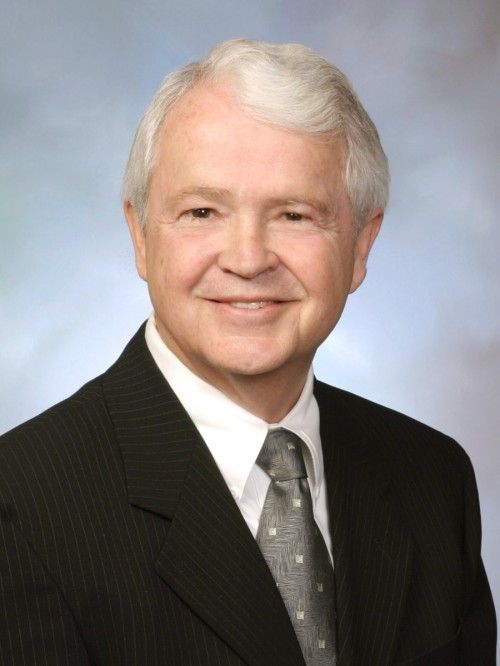CHC Stresses Privacy, First Amendment, Self-Regulation at DC meeting
This week members of the Coalition for Healthcare Communication (CHC) met to discuss issues in healthcare communications and marketing like privacy and security, off-label advertising and the Sunshine Act along with an update on the overall DC environment.
This week members of the Coalition for Healthcare Communication (CHC) met to discuss issues in healthcare communications and marketing like privacy and security, off-label advertising and the Sunshine Act along with an update on the overall DC environment.
Nuala O’Connor, president and CEO of the Center for Democracy and Technology started the group off with a general talk about data collection and consumer privacy.
John Kamp, the Executive Director at Coalition for Healthcare Communication addressed the group regarding the group’s mission noting the importance of protecting 1st amendment rights in healthcare and pharmaceutical communications. Self-regulation is a hallmark of communicating in the field, Kamp noted. Kamp added that though it might be a controversial statement in other groups, members of the CHC see communication, marketing and education as being equally important to the healthcare industry as R&D.

John Kamp, Executive Director at Coalition for Healthcare Communication
The meeting’s main event was a panel discussion led by Peter Kosmala, SVP, Government Relations, AAAA with Stephen Kline, Senior Counsel, Privacy and Regulatory Matters at Omnicom Media Group, Rachel Thomas, VP Government Affairs, Direct Marketing Association and Asaf Evenhaim, CEO, Crossix Solutions.
Kosmola noted that the FTC has become less and less vocal as the “do not track” debate has dissipated to some degree while most attention has been shifted to security issues and data breaches.
Speakers echoed the idea that thanks to the Snowden revelations and the major Target data security breach, Americans are really starting to take notice of data privacy controversies.
Kline pointed to an April 2014 report by Javelin Strategy & Research that stated that 30% of consumers would discontinue or reduce their patronage following a data security breach by a healthcare provider, while one third of consumers would switch retail stores and 24% would change financial institutions.
The public makes fear-based assumptions pertaining to consumer and medical data, Thomas noted. Placing severe limitations on data brokers, i.e., any organization pulling, sharing or analyzing data would mean restricting the ability of virtually all companies to conduct basic business processes.
There are lots of terrible assumptions out there regarding data, but good stories to tell also, noted Thomas. The positive impact that this data flow alone has on the American economy is around $156bn, she added.
Responsible rules and principles surrounding data and principles are vital, the panel members agreed.
Evenhaim said that the first thing Crossix did when looking to get into healthcare related data was read HIPAA which provided a great foundation.
The company has seen over the last few years, really good predictive models to tell if a patient is likely to be a good target for a treatment with parameters such as how likely a patient is to be adherent to their treatment.
Addressing Disparities in Psoriasis Trials: Takeda's Strategies for Inclusivity in Clinical Research
April 14th 2025LaShell Robinson, Head of Global Feasibility and Trial Equity at Takeda, speaks about the company's strategies to engage patients in underrepresented populations in its phase III psoriasis trials.
Beyond the Prescription: Pharma's Role in Digital Health Conversations
April 1st 2025Join us for an insightful conversation with Jennifer Harakal, Head of Regulatory Affairs at Canopy Life Sciences, as we unpack the evolving intersection of social media and healthcare decisions. Discover how pharmaceutical companies can navigate regulatory challenges while meaningfully engaging with consumers in digital spaces. Jennifer shares expert strategies for responsible marketing, working with influencers, and creating educational content that bridges the gap between patients and healthcare providers. A must-listen for pharma marketers looking to build trust and compliance in today's social media landscape.